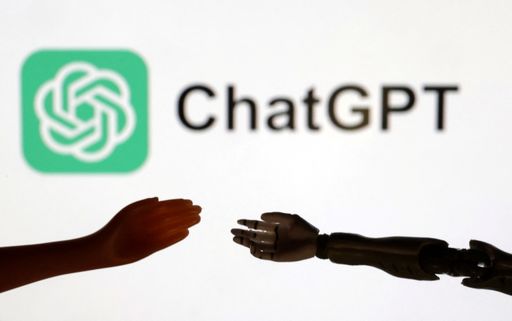‘Workforce crisis’: key takeaways for graduates battling AI in the jobs market
ChatGPT can certainly write your university essay – but will it take your job soon after? Rapid advances in artificial intelligence have given rise to fears that the technology will make swathes of the workforce redundant.
Graduates are seen as particularly vulnerable because entry-level jobs such as form-filling and basic data entry are strongly associated with the “drudge work” that AI systems – which perform tasks that typically have required human intelligence – could do instead.
Over the past two and a half years the availability of such positions has dropped by a third, and last month it was reported that graduates are facing the toughest UK job market since 2018.
The Guardian spoke to some of the UK’s biggest recruitment agencies and employment experts for their views on the impact of AI on current and future opportunities for those entering the jobs market. Here are six key takeaways from what they said:
1. The current crisis is as much economic as AI-led
A shifting graduate labour market is not unusual, said Kirsten Barnes, head of digital platform at Bright Network, which connects graduates and young professionals to employers.
“Any shifts in the graduate job market this year – which typically fluctuates by 10-15% – appear to be driven by a combination of factors, including wider economic conditions and the usual fluctuations in business demand, rather than a direct impact from AI alone. We’re not seeing a consistent trend across specific sectors,” she said.
2. But AI is definitely a factor
However, Auria Heanley, co-founder of Oriel Partners, which recruits for personal assistant roles, has seen a 30% drop in entry-level roles this year. She said she had “no doubt” that “AI combined with wider economic uncertainty, is making it much tougher for graduates to find these roles”.
3. The revolution is only going to accelerate
Major tech companies such as Microsoft are trumpeting the impact of AI agents – systems that perform human-level cognitive tasks autonomously – as tools that can be competent assistants in the workplace, with early adopters including the consultancy McKinsey and the law firm Clifford Chance.
4. Learn AI skills now
David Bell, at the executive search firm Odgers, said law firms are demanding AI competence from graduates. “As part of the interview process for the graduate intake they are asking them about their understanding and usage of AI,” he said. “Anyone who has not been using ChatGPT or the equivalent will struggle to be taken on board.”
5. Graduates are using AI to apply for jobs - but should take care
AI is an obvious aid for filling out CVs and forms as well as writing cover letters. Many of the organisations contacted by the Guardian reported a surge in applications now that filing one has become easier.
6. Consider applying to smaller businesses
Small-to-medium-sized enterprises, or businesses that employ fewer than 250 people, were also singled out as an opportunity for graduates.
Pollen’s O’Brien pointed out that SMEs are the biggest employers in the UK, at 60% of the workforce, and any lack of AI knowledge on their part could present an employment opportunity.






Comments
Join Our Community
Sign up to share your thoughts, engage with others, and become part of our growing community.
No comments yet
Be the first to share your thoughts and start the conversation!